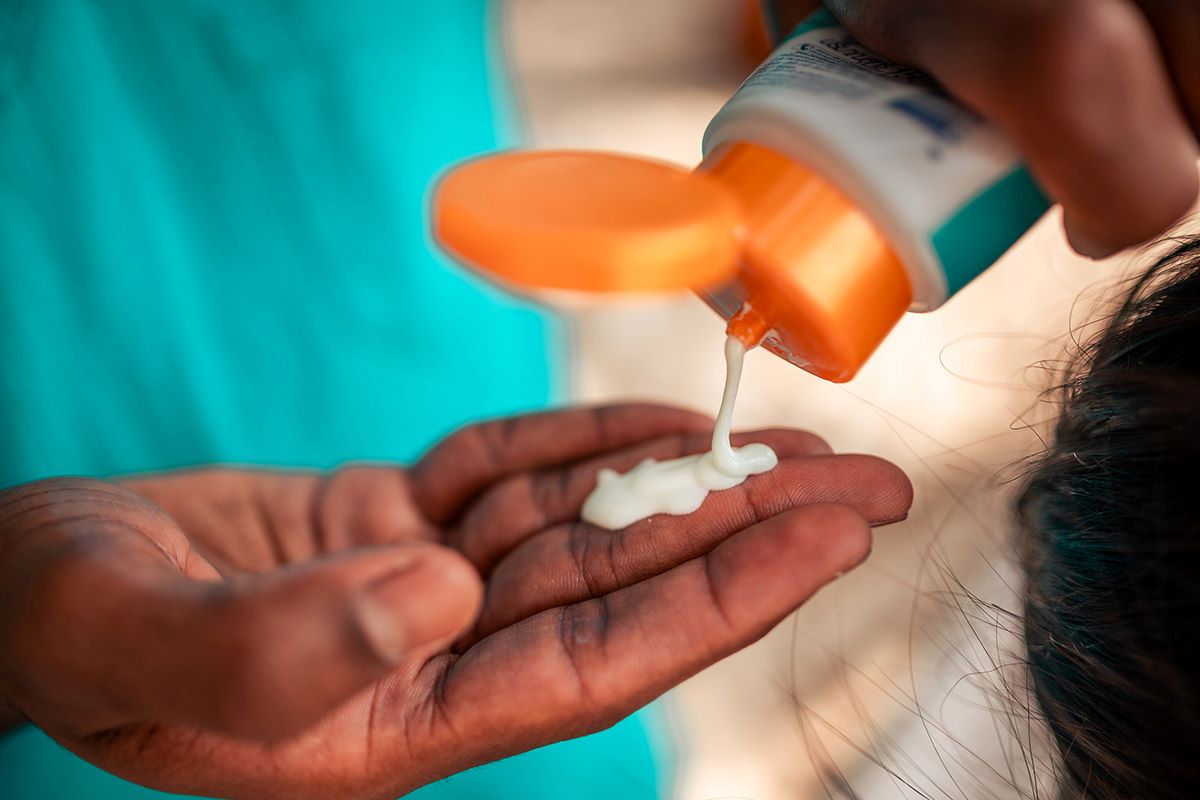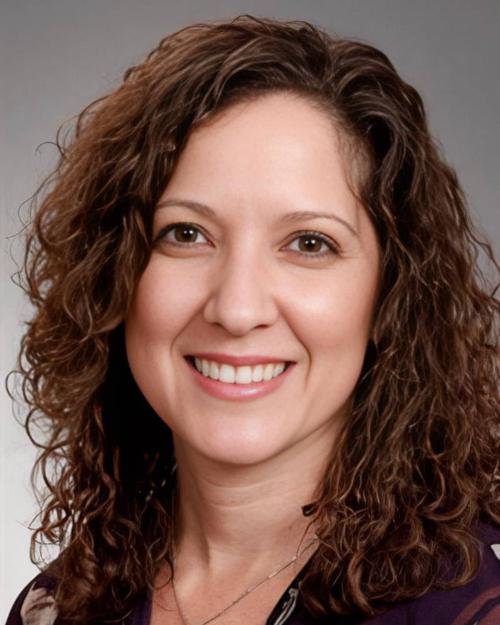
Sun exposure plays a vital role in human health, supporting vitamin D synthesis and psychological well-being. However, excessive ultraviolet radiation is a well-established risk factor for skin cancers.
Choosing the right sunscreen
The American Academy of Dermatology recommends that a sunscreen label include “broad spectrum,” an SPF of 30 or higher, and that it be water-resistant.
- “Broad spectrum” means the sunscreen can protect your skin from both types of harmful UV rays: the UVA rays and the UVB rays.
- SPF 30 or higher: The American Academy of Dermatology recommends that you select a sunscreen with an SPF rating of 30 or higher.
- Water-resistant: This tells you the sunscreen will stay on wet or sweaty skin for a while before you need to reapply. Water resistance lasts either 40 or 80 minutes. Not all sunscreens offer water resistance.
Debunking UV protection myths
Despite widespread awareness of sun safety, several persistent myths about UV protection continue to put people at risk. Let’s examine and clarify some of the most common misconceptions.
- Sunscreen is only needed on sunny days: Even on cloudy days, UV A rays and UVB rays can penetrate clouds and fog and can cause damage.
- A base tan protects your skin: Any darkening of the skin means trauma to the skin, even if there is no redness or peeling. Tan skin means damage, not protection.
- I don’t need sunscreen because I have dark-colored skin: Any skin tone can be at risk for cancer. Dark-colored skin does not burn as quickly, but people with dark skin types can still receive enough UV exposure to risk developing skin cancer.
- I won’t get enough vitamin D if I wear sunscreen: While sunscreen use can decrease the skin's natural production of vitamin D, it doesn’t typically lead to vitamin D deficiency. Rather than risk skin cancer, it is best to fulfill vitamin D needs through a healthy diet or supplements.
- A higher SPF provides significantly more protection: SPF100 only offers a marginal increase in protection compared to SPF30, which already offers about 97% protection. Also, a higher SPF does not afford a longer period of protection. Protection usually lasts two hours or less for all sunscreens.
Skin cancer prevention
The surgeon general issued a call to action in February to prevent skin cancer, recognizing it as a major public health problem. This call encourages a unified approach across various sectors to reduce UV exposure, educate the public and strengthen research.
About 1 in 5 Americans will develop skin cancer in their lifetime. Skin cancer is the most commonly diagnosed cancer in the U.S., and most cases are preventable. Skin cancer greatly affects quality of life, and it can be disfiguring or even deadly.
Remember to ensure your sun safety all year round: Select a sunscreen that is broad spectrum, SPF 30 or higher, and is water resistant.
One ounce of sunscreen (two tablespoons) is considered what is needed to cover sun-exposed areas. Apply sunscreen 30 minutes before going outside; reapply every two hours or after swimming or excessive sweating. In addition to sunscreen, seek shade (especially between 10 a.m. and 4 p.m.) and wear sun-protective clothing.
Protecting yourself from the sun doesn’t require avoiding it entirely — by understanding the facts and adopting simple habits, you can enjoy the outdoors safely and confidently.
Enjoy a happy and safe summer!
Learn more about skin cancer prevention and find upcoming screenings at Northside.

